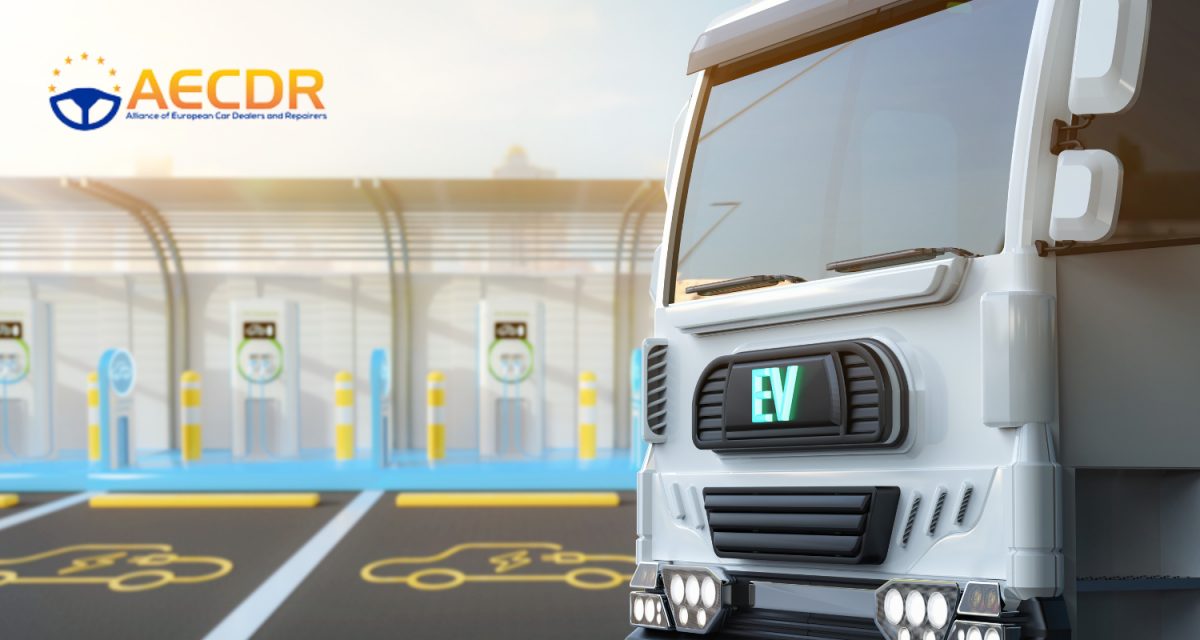
The Alliance of European Car Dealers and Repairers (AECDR) is disappointed by the European Parliament's decision to reject the carbon correction factor in the final vote on commercial vehicle emissions. From the AECDR’s perspective, these decisions represent a significant setback for a climate-neutral transport transition.
In the future, manufacturers must reduce average emissions from new trucks by 45% by 2030, by 65% by 2035 and by 90% by 2040. From 2035, the targets will also apply to professional vehicles such as garbage trucks and construction vehicles. Trailer manufacturers must also improve truck trailer emissions by 10% by 2030. By 2030, 90% of new buses must be emission-free and reach 100% by 2035.
The law obliges the European Commission to deal with synthetic fuels for trucks. According to the agreement between governments and MEPs, the Commission will examine whether to submit a proposal to authorize heavy-duty vehicles running only on e-fuels within next year. While this is a step in the right direction, without a Carbon Correction Factor, which would also have opened the door to biofuels, this solution will be difficult to implement in practice.
A technology-open approach would have given players in the commercial vehicle sector more flexibility to choose the drive technology that best suits their business model. The European Parliament's decision now unnecessarily restricts this scope and makes the already ambitious CO² reduction targets even more difficult.
AECDR therefore sees the European Parliament's decision as a missed opportunity to effectively advance the transport transition and reduce short-term emissions. Thus, AECDR continues to appeal to political decision-makers to promote technology-open solutions and to create the necessary framework conditions for sustainable mobility and will continue to fight at European and federal level to ensure that the Carbon Correction Factor is applied to commercial vehicles in the future.
